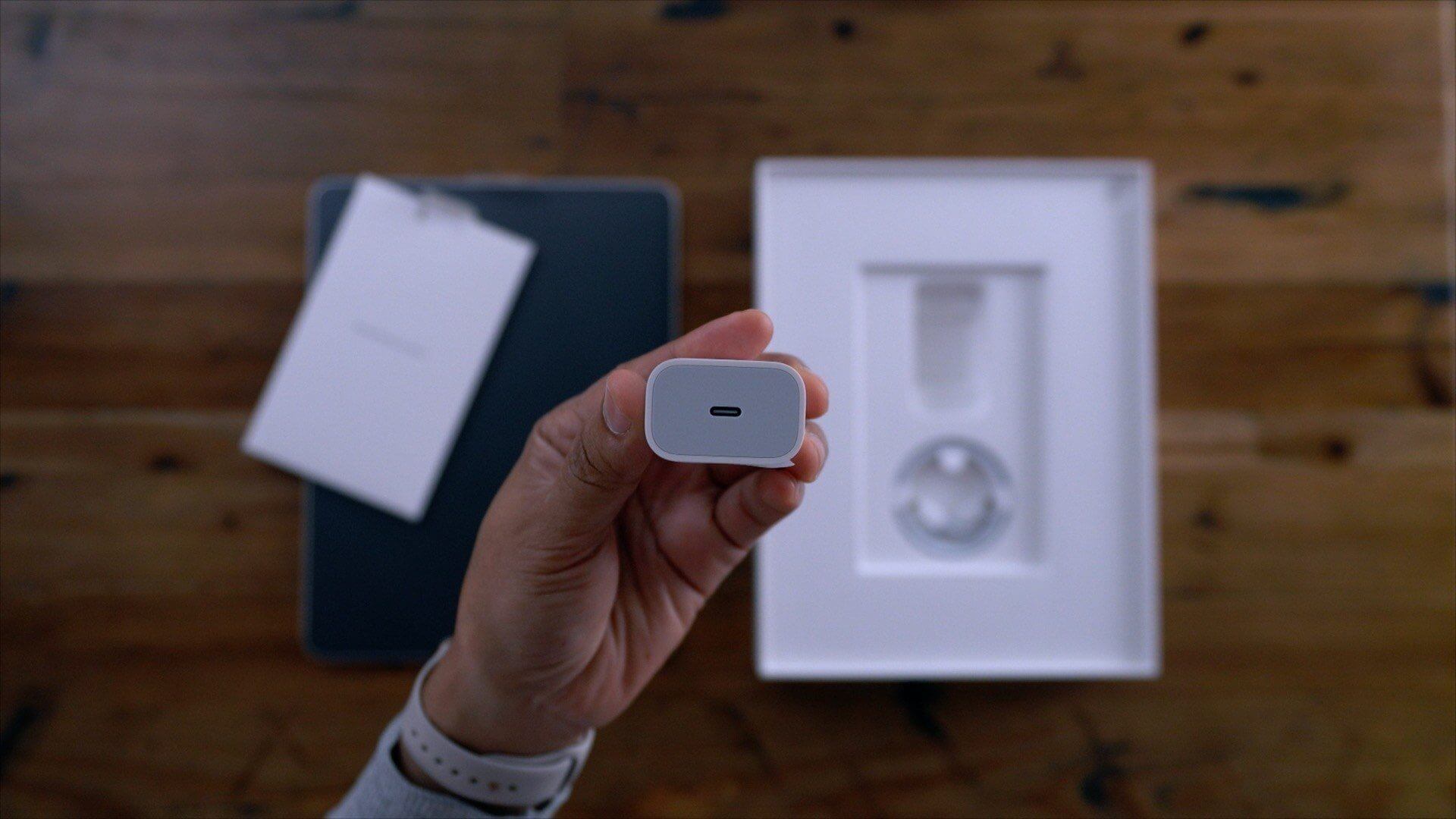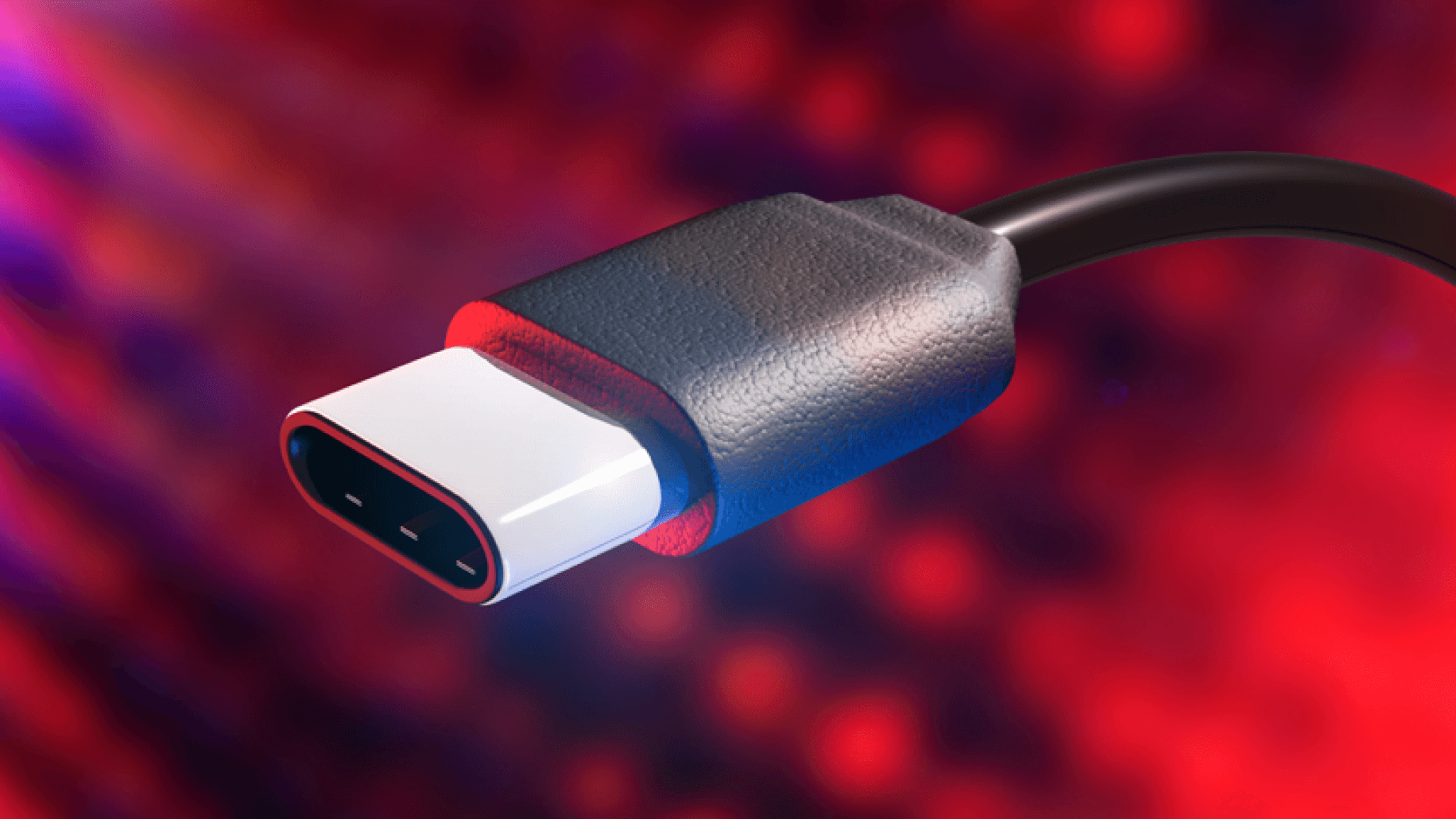Recap: The EU is forging ahead with a decisive vote on regulation that will push manufacturers to adopt a common standard for wired and wireless chargers. Earlier this month, news broke that EU regulators were drafting new legislation that would push all mobile device manufacturers towards a single charging standard. Among the reasons invoked is the well-documented problem of electronic waste, which can at least in part be attributed to the multitude of charger types.
This move invited a prompt response from Apple, who was arguably less than pleased about the development. The Cupertino giant argued the decision would inconvenience a lot of consumers and stifle innovation, but today the European Parliament voted 582-40 on the resolution to make it a reality.
In a public statement, the regulators explained that "without hampering innovation, the EU executive should ensure that the legislative framework for a common charger will be scrutinised regularly in order to take into account technical progress." MEPs reiterate that research and innovation are vital to improve existing technologies and come up with new ones.
Regulators are also urging the European Commission to adopt the new rules by July. By that date, manufacturers will have to follow a series of guidelines that apply to both wired and wireless charging technologies, by ensuring that they all follow a common standard. That includes third parties who make alternative charging solutions, such as Anker and RAVPower.

You'll no longer be forced to purchase new chargers with every new device, but MEPs noted that all measures taken towards decoupling those purchases "should avoid potentially higher prices for consumers." The idea here is to reduce waste and make devices less expensive as a result of manufacturers not including a charger in the box.
As for Apple, it has already switched most of its mobile devices to USB-C except for the iPhone, which still uses the proprietary Lightning connector. The company reportedly planned to remove the charging port on the iPhone by 2021 just like it did with the headphone jack, but the new EU directive has probably changed that.
This could be a good idea in the long run, but there are a few studies that show why forcing a single connector standard could be a harmful move at worst and offer limited benefits at best, falling short of the European Commission's aim to significantly reduce electronic waste and the carbon footprint of manufacturing cables and chargers.
